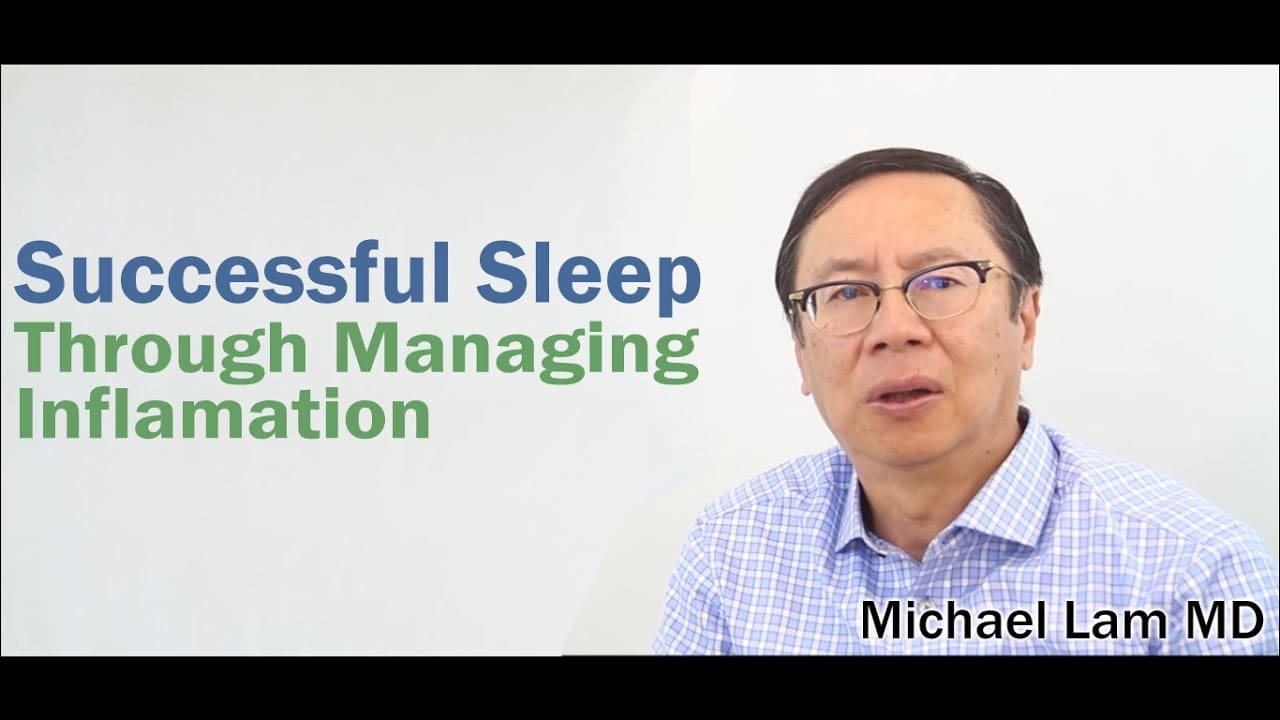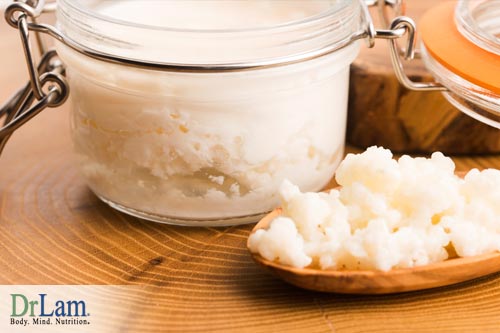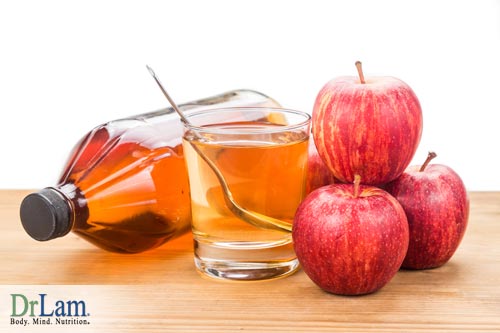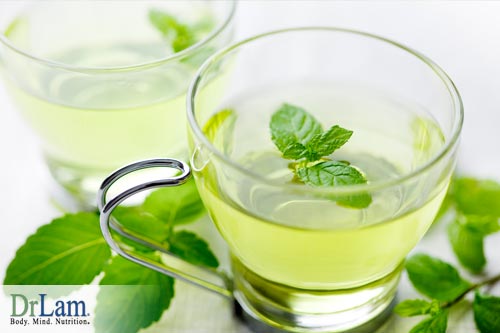
 Allergies are an inflammatory reaction. That is why taking anti-inflammatory medications are the standard of care for allergic reactions. Inflammation of the skin involves pain, swelling, or redness, and is caused by trauma of some sort. It is easily identifiable, and there are simple things to do about it. However, inflammation is not always so visible. It also occurs internally and invisibly, in the gut, for example. It also has many symptoms, including poor sleep. Studies have associated increased inflammatory compounds with insomnia. It stands to reason, then, that simple, natural allergy solutions may also help reduce the inflammation causing your insomnia.
Allergies are an inflammatory reaction. That is why taking anti-inflammatory medications are the standard of care for allergic reactions. Inflammation of the skin involves pain, swelling, or redness, and is caused by trauma of some sort. It is easily identifiable, and there are simple things to do about it. However, inflammation is not always so visible. It also occurs internally and invisibly, in the gut, for example. It also has many symptoms, including poor sleep. Studies have associated increased inflammatory compounds with insomnia. It stands to reason, then, that simple, natural allergy solutions may also help reduce the inflammation causing your insomnia.
Lets us first look at histamine, an inflammatory compound, in more detail. Studies have indicated a close correlation between irritable bowel syndrome, inflammatory bowel conditions, and histamine. People with these conditions have shown an increase in histamine secretions from the mast cells present in the lining of their gut. This increase in histamine could add to their current symptoms and worsen sleep as well. Let's explore how allergy solutions can hel.
There are many reasons why your body might produce more histamine than is good for you. Although the reasons may differ, the symptoms of too much histamine are largely the same.
There are two enzymes that bind to and break down histamine. These are diamine oxidase (DAO) and histamine N-methyltransferase. Some people genetically do not produce enough of these two enzymes.
Modern diets based on fast food, GMO food, and poor farming practices lead to deficiencies in certain vitamins and minerals. Most notable of these deficiencies, in the case of histamine buildup, are copper, vitamin B6, and vitamin C. Vitamin B6 plays a pivotal role in the ability of the enzyme diamine oxidase (DAO) to degrade, metabolize, and deactivate histamine. Copper and vitamin C, on the other hand, are important components of the DAO enzyme. Without them, DAO cannot be manufactured by the body.
In order for the body to produce histamine N-methyltransferase, one of the two main enzymes required for metabolizing and reducing histamine, it needs methylation. This metabolic process constantly takes place in every single cell of the body.
The methylation process occurs when one molecule passes a methyl group, i.e. a carbon atom that is linked to three hydrogen atoms, and in effect, it becomes something else. When this process is hampered for some reason, the body can’t produce enough histamine N-methyltransferase. This makes it unable to combat the effect of too much histamine.
Methylation, however, is a double-edged sword. Too much or too little methylation are both problematic. Methylation is a process that can be accelerated by means such as nutritional supplementation, but it can also make matters worse. The state of your body also plays an important factor. Caution is required, because attempts to modulate methylation can backfire.
Certain medications either facilitate the release of histamine, or reduce the effect of the DAO enzyme, causing elevated levels of histamine in your body. This can even occur when you have not presented any allergy symptoms previously. Medications responsible for this include certain pain killers, anti-inflammatory drugs, diuretics, antidepressants, antibiotics, and certain probiotics.
 Cortisol is produced by the adrenal glands. When you are subjected to stress of any kind, whether due to environmental factors, psychological factors, or biological factors, including inflammation, the endocrine system goes to work. The hypothalamus alerts the pituitary gland that there is danger by means of chemical transmitters. The pituitary gland, in much the same way, alerts the adrenal glands, and, in turn, they increase their production of cortisol. This is known as the NeuroEndoMetabolic (NEM) Stress Response. It is an automatic response. Under normal conditions, when the period of stress has passed, cortisol production returns to normal once stress is bought under control.
Cortisol is produced by the adrenal glands. When you are subjected to stress of any kind, whether due to environmental factors, psychological factors, or biological factors, including inflammation, the endocrine system goes to work. The hypothalamus alerts the pituitary gland that there is danger by means of chemical transmitters. The pituitary gland, in much the same way, alerts the adrenal glands, and, in turn, they increase their production of cortisol. This is known as the NeuroEndoMetabolic (NEM) Stress Response. It is an automatic response. Under normal conditions, when the period of stress has passed, cortisol production returns to normal once stress is bought under control.
Cortisol, of itself, is a histamine inhibitor. However, adrenal fatigue adds another factor to the mix.
The chemical transmitter that allows the production of cortisol is the corticotropin-releasing hormone (CRH). During periods of chronic stress, this hormone is released from the brain, causing the adrenal glands to produce ever increasing amounts of cortisol over a prolonged period of time. When the body is no longer able to produce such consistently large amounts of cortisol, adrenal fatigue sets in with its associated symptoms. At this point, cortisol production may be drastically reduced, but the CRH still demands it. At the same time, the body no longer has enough cortisol to inhibit the production of histamine. Thus, the gut is able to produce histamine unabated.
In the brain, a number of chemical transmitters are involved in your sleep cycle. Histamine is one of these, often being referred to as the “master” neurotransmitter when it comes to wakefulness. Its activity increases during wakeful periods and decreases when you sleep. A prolonged period, however, over-abundance of histamine causes sleep problems such as insomnia. For this reason, NyQuil and other sleep aids typically contain antihistamine drugs to help promote sleep.
If you are having issues with sleep, an inflammatory condition may be involved. If that is the case, it is very important to reduce histamine levels in your body. The obvious allergy solutions are to take an antihistamine medication.
However, though the antihistamine would relieve symptoms, it would not necessarily address the root cause of the problem, i.e. the unusual buildup of histamine in your system. Antihistamine allergy solutions could also potentially cause a set of problems of their own, including, amongst others, trouble urinating, drowsiness, dizziness, blurred vision, general confusion, restlessness, mood swings, nausea, vomiting, and a dry mouth.
There are other allergy solutions that may not give immediate relief, but do address the cause of the problem. These solutions to your allergy problems tend to be natural in origin and can be used on an ongoing basis. They reduce the problem as well as the symptoms.
There are a number of natural allergy solutions that, for most people, have no ill side-effects or health consequences. Holistic healing deals with the root cause of the histamine production, not necessarily the side effects. However, these measures to stop sneezing and a runny nose can go a long way towards making you feel better.
 Eastern healing traditions hold that the root of allergy symptoms lies in the gut, and in order to heal symptoms, you must first address gut issues. Research tends to agree. Diet goes a long way in combating problems associated with the gut. Therefore, this also improves the inflammation leading to overproduction of histamine. This can improve your sleep as well.
Eastern healing traditions hold that the root of allergy symptoms lies in the gut, and in order to heal symptoms, you must first address gut issues. Research tends to agree. Diet goes a long way in combating problems associated with the gut. Therefore, this also improves the inflammation leading to overproduction of histamine. This can improve your sleep as well.
Probiotics are great at balancing gut bacteria. Certain probiotics, however, encourage the production of histamine and should be avoided. Others, such as bifidobacterium, interfere with histamine pathways and help reduce your levels of histamine.
Probiotics should not be taken in conjunction with antibiotics, as it reduces the effectiveness of the probiotics. Instead, take the probiotics about two hours before the antibiotics. People with a weakened immune system should also be wary of taking probiotics as their gut might provide a good place for the overproduction of bacteria.
Apple cider vinegar promotes the growth of beneficial bacteria in the gut and is rich in both magnesium and potassium. A deficiency in these minerals has been linked to adrenal fatigue as well as gut problems and allergies. As an added bonus, it also soothes lungs and aids in the breakdown of phlegm in the bronchial walls. It is said to help digestion and promote weight loss.
A powerful antioxidant that helps fight inflammation, quercetin also helps stabilize mast cells, thereby reducing the release of histamine. Its antihistamine properties are particularly powerful when combined with bromelain, a natural compound from pineapple.
People who are pregnant, on oral contraceptives, or with liver problems should check with a healthcare specialist before adding this supplement to their regimen.
Natural food sources of quercetin are citrus fruits, berries, lettuce, tomatoes, apples, and broccoli. Getting adequate amounts of this supplement from food sources is, however, difficult.
Nettle leaf can be taken as a tea or in capsule form. It is an excellent antihistamine.
Ginger is beneficial to the immune system and is a natural antihistamine. Additionally, it helps with congestion and phlegm. Ginger can be irritating to the gastric mucosa so those with stomach sensitivities should exercise caution.
Vitamin D is not only essential to adrenal health, but also plays a role in the intestinal absorption of magnesium, zinc, iron, and calcium. Of these, magnesium and zinc are essential for the production of DAO, the enzyme responsible for the degradation of histamine. Vitamin D is also necessary for the regulation of the immune system, especially the mast cells.
Foods high in vitamin D include eggs, cod liver oil, and oily fish. The skin also produces vitamin D when exposed to sunlight.
Butterbur reduces inflammation and blocks histamine. Studies indicate that it is a great allergy solution as it also relieves symptoms such as sneezing, headaches, itchy eyes, and sinus congestion.
However, butterbur should be avoided by those allergic to ragweed or chrysanthemums as is it is part of the same family of plants.
Although coconut oil does not inhibit histamine production, it improves digestion by soothing the gut’s lining while promoting the growth of ‘good’ gut bacteria. This, in turn, reduces the overproduction of histamine.
 It is also helpful to employ natural solutions for allergy symptoms, in addition to addressing the cause. These methods can be of assistance:
It is also helpful to employ natural solutions for allergy symptoms, in addition to addressing the cause. These methods can be of assistance:
While inflammation can cause histamine levels to rise and compromise your health, an antihistamine pill comes with a set of negative consequences of its own. There are many natural allergy solutions to try, however, which address the cause of the problem, not only the manifested symptoms. Many of these solutions can improve gut health and sleep quality as well.
© Copyright 2017 Michael Lam, M.D. All Rights Reserved.
